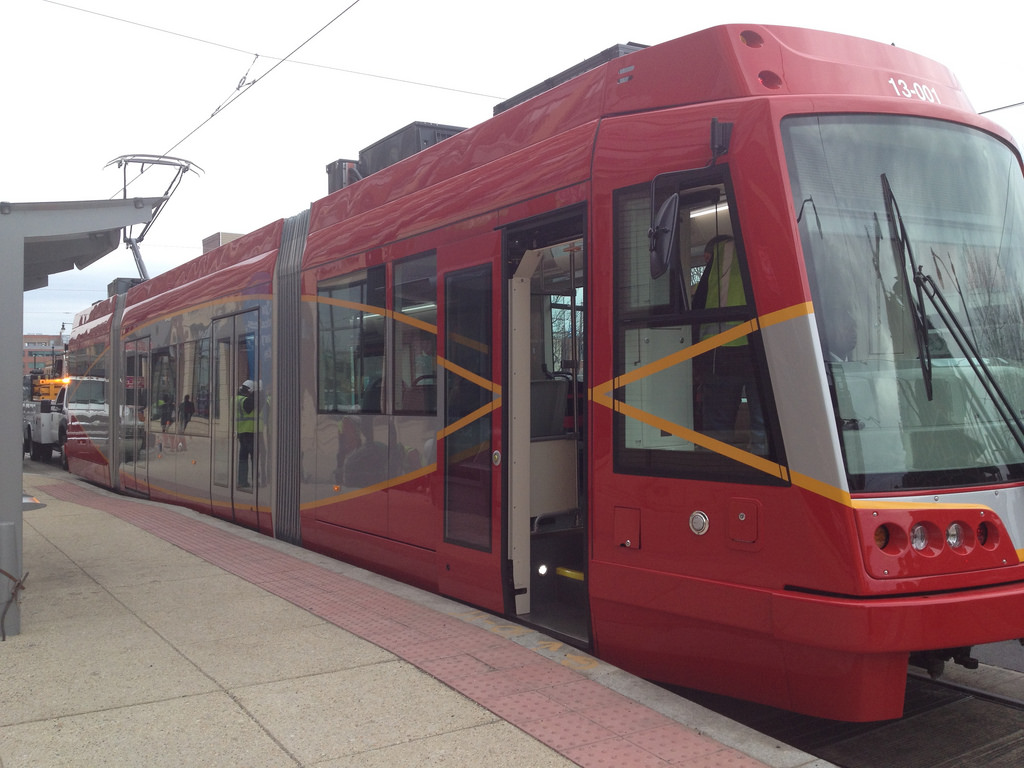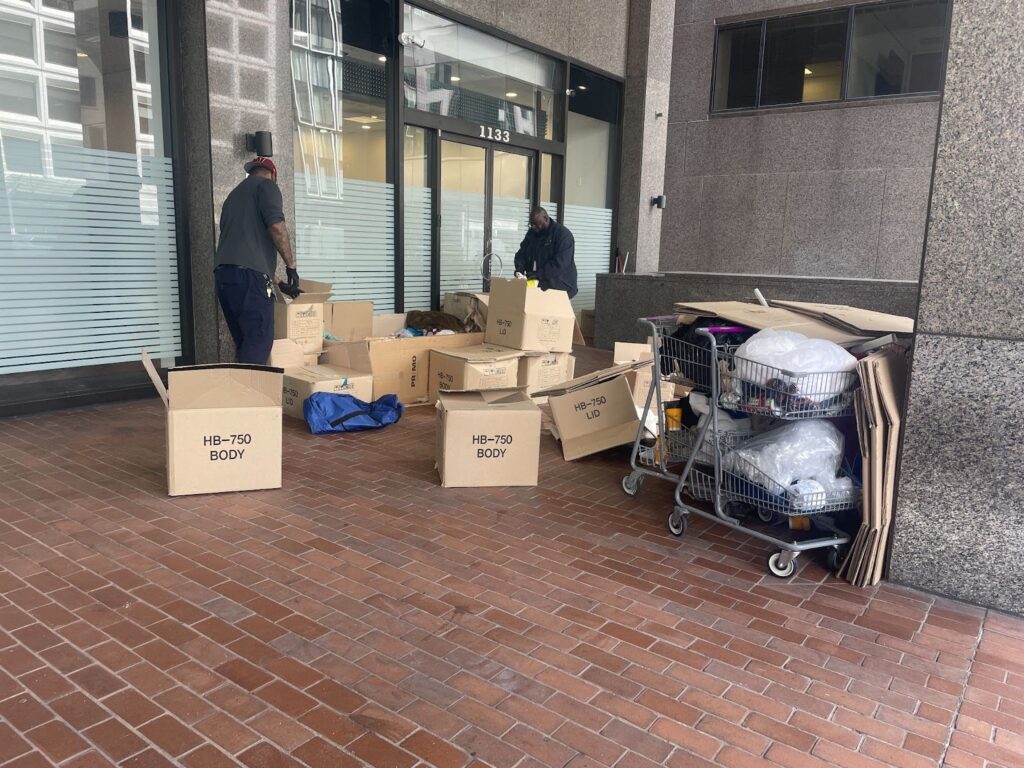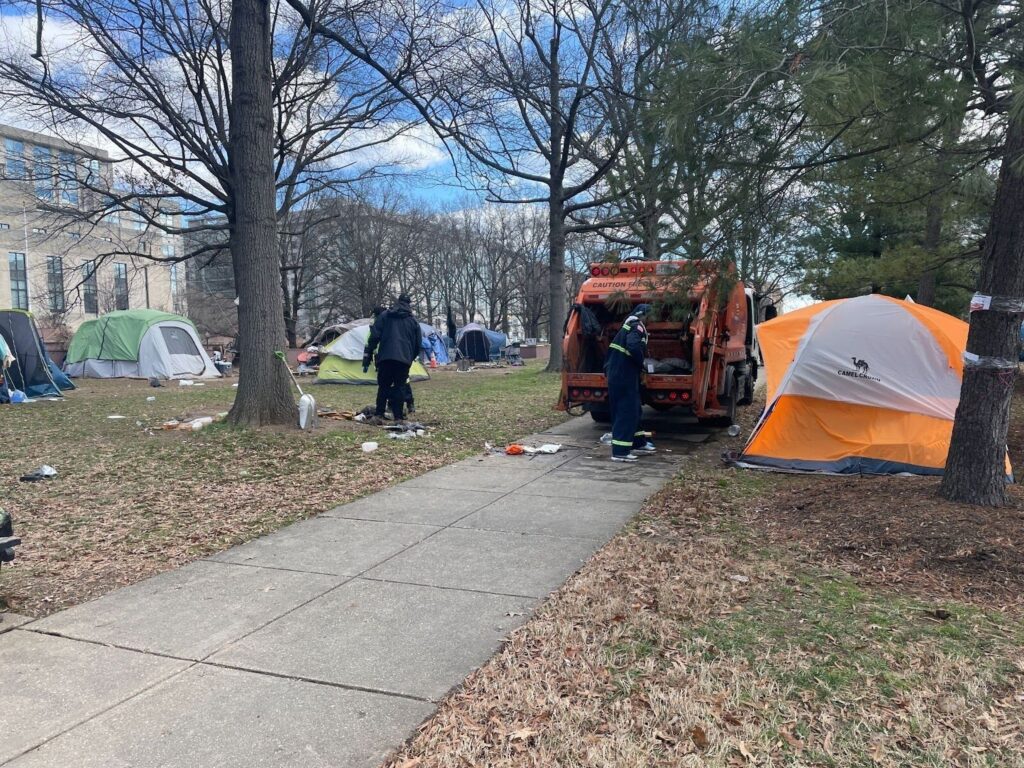You might say the relationship between low-income riders and Washington’s transit system is a two-way street. Many of the Washington region’s poor and minority residents depend upon public transportation. Meanwhile, the Metro system depends upon the patronage of low-income and minority riders.
Yet are there ways the Washington Metropolitan Area Transit Authority (WMATA) could better serve these riders? The answer turned out to be a resounding “yes” when WMATA officials questioned homeless men and women and poverty advocates at the February meeting of the Coalition of Housing and Homeless Organizations (COHHO).
At the meeting, some attendees told the WMATA officials they felt they had been treated rudely or had been discriminated against by Metro bus drivers. Others said they believed Metro drivers bypassed areas where homeless people were waiting. Some expressed concerns about the accessibility of bus routes, particularly for elderly and disabled riders. Still others worried about the Sunday shutdown of B8 and B9 buses, requiring riders to walk for blocks for alternate buses.
An estimated 23 percent of Metro riders subsist on low incomes and 55 percent are members of minority groups, according to WMATA. Besides American-born, English-speaking riders, the transit system serves Hispanic, Chinese, Korean, Vietnamese African, French, and Persian passengers as well. Federal law, specifically Title VI of the Civil Rights Act prohibits discrimination on the basis of race, color and national origin in programs and activities receiving federal financial support.
The representatives from Metro told the crowd they hoped to find better ways to serve and communicate with riders, particularly those coping with language barriers, poverty and homelessness. They described outreach programs and pop-up events they have held, and contacts they have made with community organizations and church groups serving minorities and the poor. They said they are continuing to seek insights through surveys and interviews conducted at transit stations. Some audience members suggested the Metro officials should visit city shelters to talk with more homeless riders, and do more outreach through social media, newspapers, radio, and television advertisements.
One participant, homeless advocate Eric Sheptock, who is homeless himself, said many members of the homeless community are doubtful that anything they say will change the system. Still, at the end of the discussion, another speaker, Valerie Williams spoke of the importance of inclusion. She observed that there needs to be a point where more people are included in the equation and fewer people are left out of the equation.








